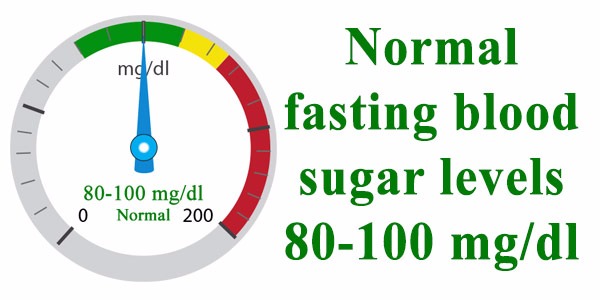Gestational Diabetes diet & treatment strategies
by Manju Jora
(Canada )
QUESTION: Hi,
Currently I am 35 weeks of pregnant. When I was 32 week of pregnant dr recommend me 75g glucose test. Which I failed 2 hours glucose test.
I am not sure how high is this range. I am 33 year old. I am not overweight before my conceive child.
I was 62 and now 68 my weight.
I always cook at home as usual. But some time I have craving of sweet things which I rarely eat.
I have not past history of GDM.
Please let me what should I do give myself and to for my baby to.
Currently I stopped all sweet things. I changed my diet ,taking more carbs and protein. Skimmed milk.
Answer: Hello,
I hope everything went well with your pregnancy with no complications such as gestational diabetes.
With regards to failed glucose test, I think your age and limited physical activity due to pregnancy are two potential factors for this failure.
It's great you started some limitations in your diet. However, you should keep in mind not to diet while being pregnant, you need to eat all types of foods to take nutrients for you and your baby.
Focus on balanced meals that include a combination of carbohydrates, proteins, and healthy fats. Distribute your daily calorie intake over three main meals and two to three snacks.
Choose complex carbohydrates, which are slower to raise blood sugar levels. Examples include whole grains (whole wheat bread, brown rice, quinoa), legumes (lentils, beans), and starchy
Be mindful of portion sizes. Smaller, more frequent meals and snacks can help stabilize blood sugar levels. Use measuring cups or a food scale if needed.
Include lean sources of protein in your meals and snacks, such as poultry, fish, lean meats, tofu, beans, and low-fat dairy products. Protein helps balance the impact of carbohydrates on blood sugar levels.
Foods high in fiber can help stabilize blood sugar. Incorporate plenty of vegetables, fruits (in moderation), and whole grains into your diet.
Opt for healthy fats like avocados, nuts, seeds, and olive oil. Limit saturated and trans fats, which can increase the risk of heart disease.
Spread your carbohydrate intake throughout the day rather than consuming large amounts in a single meal. This can help prevent blood sugar spikes.
Pay attention to the glycemic index (GI) of foods. Foods with a lower GI are less likely to cause rapid blood sugar fluctuations.
Regularly check your blood sugar levels as directed by your healthcare provider to ensure your dietary choices are effectively managing your gestational diabetes.
Stay well-hydrated by drinking water throughout the day. Limit or avoid sugary beverages.
Choose healthy snacks like nuts, yogurt, cheese, or vegetables with hummus to keep your blood sugar stable between meals.
Engage in regular, moderate physical activity, such as walking, swimming, or prenatal yoga. Consult your healthcare provider for guidance on the appropriate level of activity during pregnancy.
Remember to attend all scheduled prenatal check-ups to monitor your baby's growth and your overall health.
Hope this helps.
Dr.Albana
Click here to post comments or follow up
Ask the Doctor now? Simply click here to return to Controlling Gestational Diabetes.







